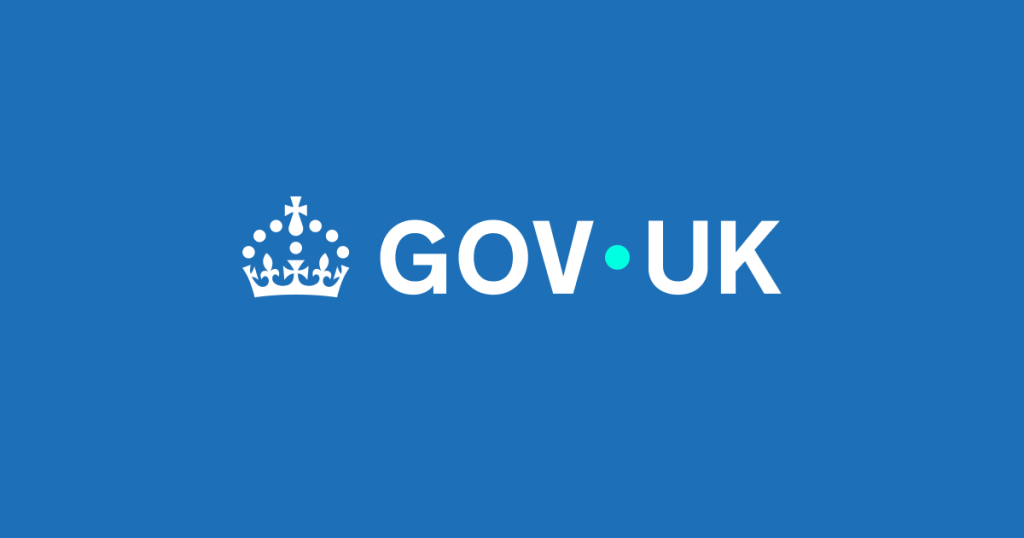Listen to the article
Government Ramps Up Fight Against COVID-19 Misinformation
Specialist government units are working rapidly to combat false and misleading information about coronavirus circulating online, as officials warn that misinformation could undermine public health efforts and potentially cost lives.
The Rapid Response Unit, operating from within the Cabinet Office and No10, is currently handling up to 70 incidents weekly, addressing everything from false claims by self-proclaimed “experts” to sophisticated phishing scams by fraudsters attempting to exploit public anxiety.
“We need people to follow expert medical advice and stay at home, protect the NHS and save lives,” said Culture Secretary Oliver Dowden. “It is vital that this message hits home and that misinformation and disinformation which undermines it is knocked down quickly.”
The unit forms part of a coordinated cross-government approach to tackling dangerous falsehoods. When problematic content is identified, the team works across Whitehall departments to deploy appropriate countermeasures, which may include direct rebuttals on social media, collaborating with platforms to remove harmful content, or ensuring official health guidance reaches the public through trusted channels.
This effort is being bolstered by the Counter Disinformation Cell led by the Department for Digital, Culture, Media and Sport (DCMS). The cell brings together government experts with specialists from the technology sector, civil society, and academia to comprehensively assess the scope and impact of coronavirus-related disinformation.
Dowden confirmed he will be contacting major social media companies this week to acknowledge their efforts so far but also to discuss additional measures that could ensure accurate information consistently reaches platform users.
Some of the false narratives being targeted include dangerous health misinformation that could put lives at risk. Paymaster General Penny Mordaunt highlighted examples: “Holding your breath for ten seconds is not a test for coronavirus and gargling water for 15 seconds is not a cure – this is the kind of false advice we have seen coming from sources claiming to be medical experts.”
The government is also reviving its successful “Don’t Feed the Beast” public information campaign next week. The initiative aims to empower citizens to critically evaluate online information before sharing it further.
“The public can also help with this effort,” Mordaunt added. “So today we implore them to take some simple steps before sharing information online, such as always reading beyond the headline and scrutinizing the source.”
Officials are promoting the “SHARE” checklist to help people identify potentially misleading content. The five-step guide encourages users to verify sources, read beyond headlines, analyze facts, check whether images appear doctored, and look for errors in spelling and grammar that might indicate unreliable information.
The threat extends beyond domestic misinformation. Government officials note that certain foreign states routinely deploy disinformation as a policy tool, prompting increased collaboration with international partners to share assessments on coronavirus disinformation. This collaborative approach has already yielded benefits in understanding and defending against sophisticated information operations.
These measures complement recent guidance from the National Cyber Security Centre about cyber criminals exploiting the pandemic. The centre has issued advice on identifying suspicious coronavirus-related emails and defending against malware and ransomware attacks.
The comprehensive approach underscores the government’s recognition that managing the information environment has become a critical component of its pandemic response strategy. With lives literally at stake, officials are treating the battle against misinformation with the same urgency as other aspects of the COVID-19 crisis.
Verify This Yourself
Use these professional tools to fact-check and investigate claims independently
Reverse Image Search
Check if this image has been used elsewhere or in different contexts
Ask Our AI About This Claim
Get instant answers with web-powered AI analysis
Related Fact-Checks
See what other fact-checkers have said about similar claims
Want More Verification Tools?
Access our full suite of professional disinformation monitoring and investigation tools




12 Comments
This is an important initiative, but the government will need to stay vigilant. Disinformation peddlers are often quick to adapt and find new ways to spread falsehoods.
True. Ongoing monitoring and rapid response will be essential to counter the evolving tactics of those pushing COVID-19 misinformation.
Disinformation can have real, dangerous consequences. I hope the Rapid Response Unit’s efforts are effective in quickly shutting down harmful falsehoods online.
Me too. Reliable information from official health authorities is critical, especially on an issue as serious as COVID-19.
Kudos to the Cabinet Office and No10 for taking this threat seriously. Protecting the public from dangerous falsehoods should be a top priority.
Glad to see the government taking action against COVID-19 misinformation. It’s important to ensure the public gets accurate, science-based information during this crisis.
Absolutely. Combating false claims and conspiracy theories is crucial to maintain public trust and support the pandemic response.
It’s good the government is coordinating a multi-pronged approach to tackle this problem. Removing false content and amplifying accurate guidance is the right strategy.
Misinformation can undermine critical public health messaging. I hope this effort helps reinforce the importance of following expert advice during the pandemic.
Agreed. Clear, consistent communication from authorities is key to keep people safe and motivated to do their part.
Curious to know more about the specific tactics and tools the Rapid Response Unit is using. Robust fact-checking and debunking seems essential.
Yes, I’d be interested in those details as well. Transparency around their methods could help the public understand the scope of the challenge.